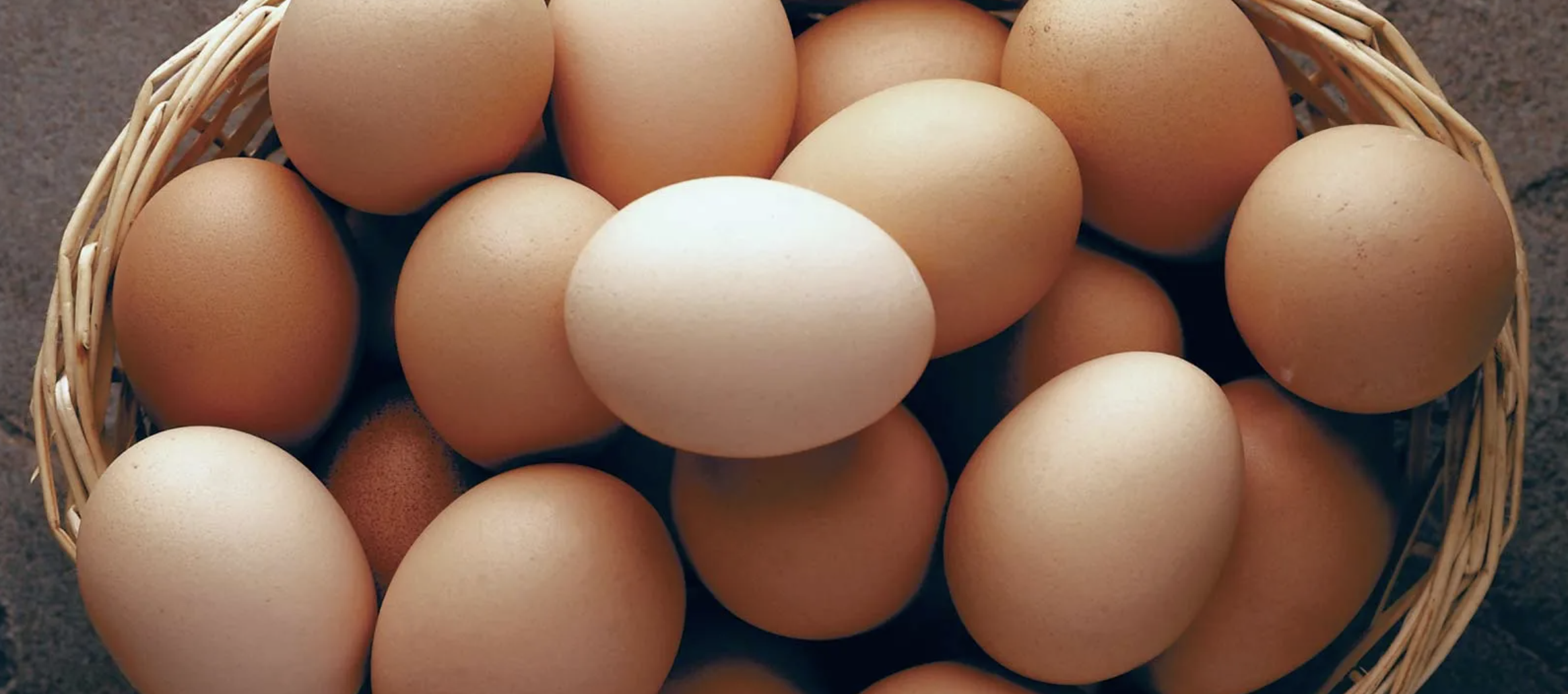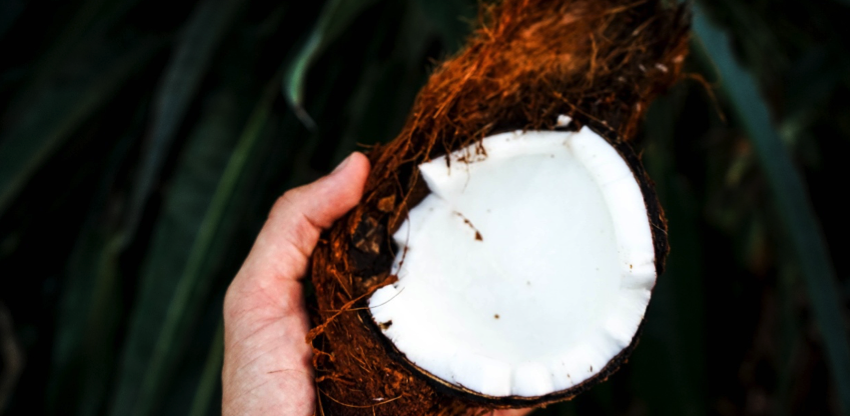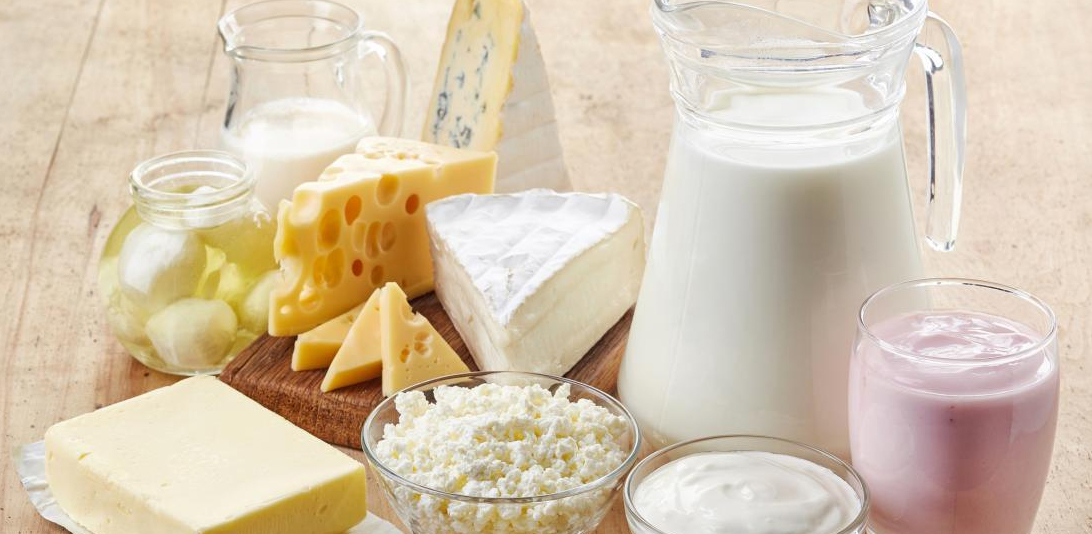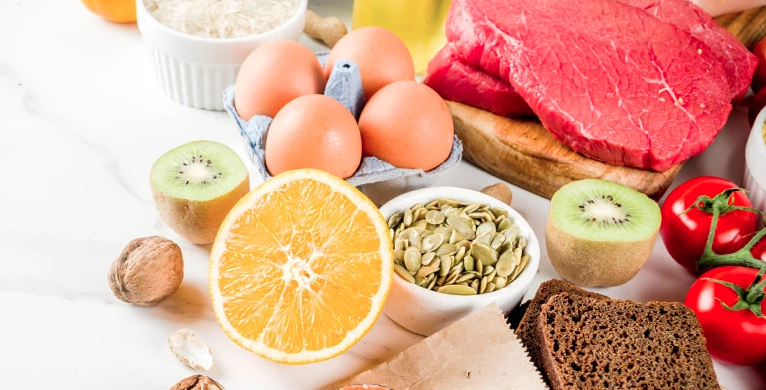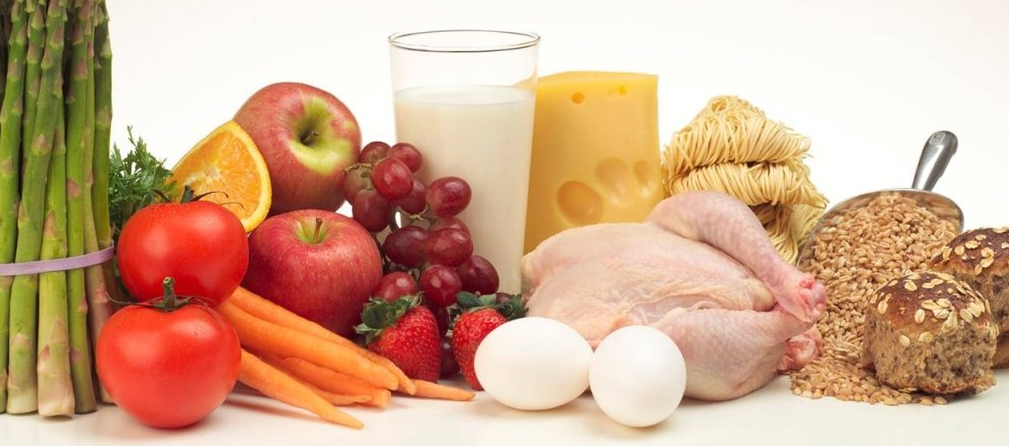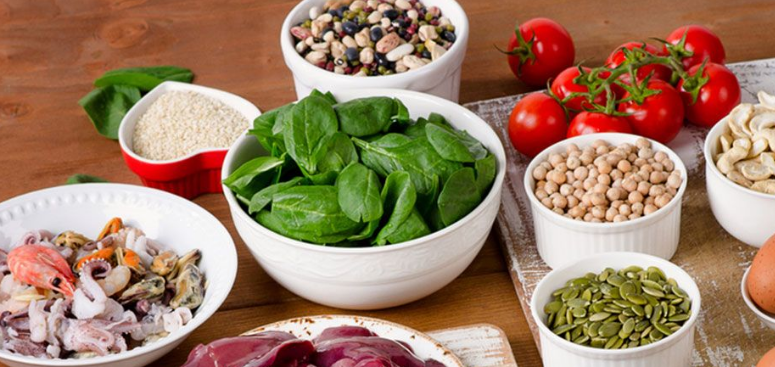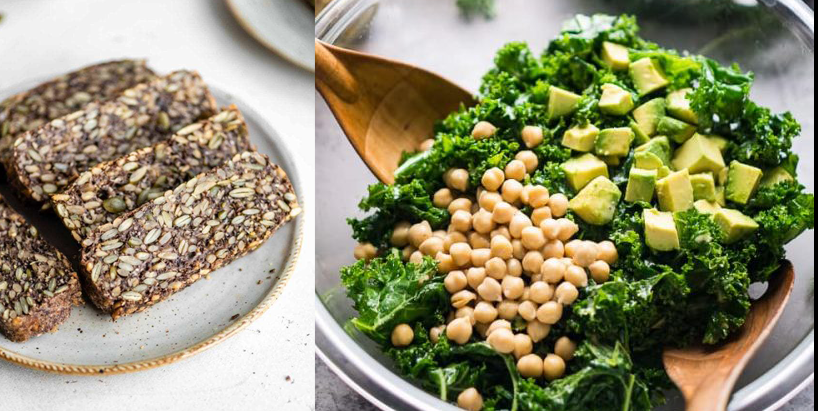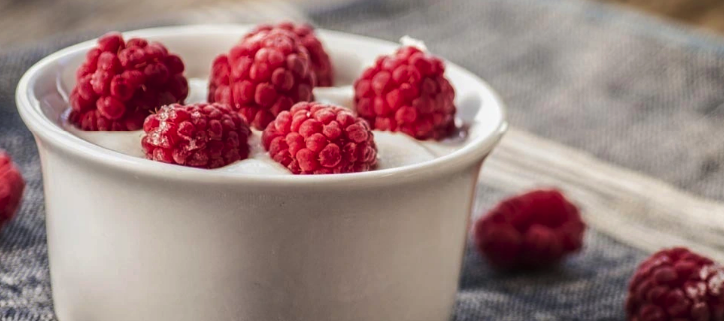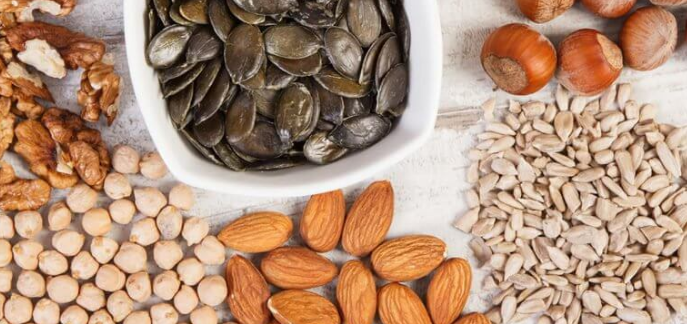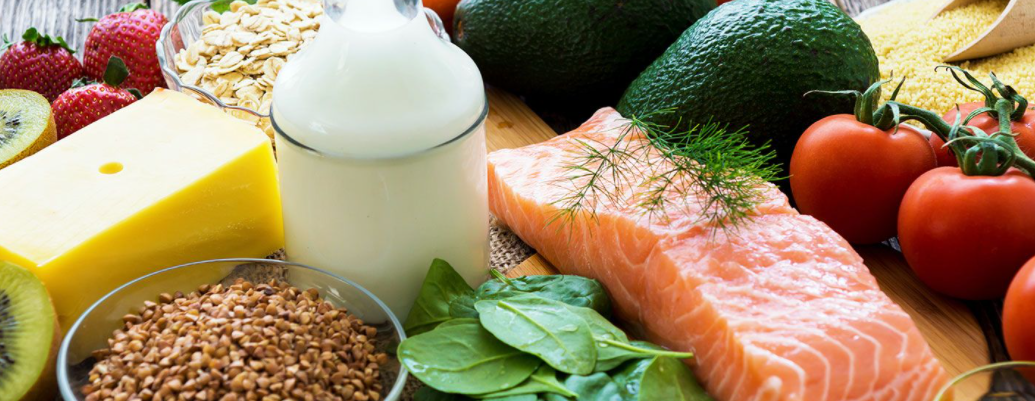Fat is not the big bad culprit to weight gain, inflammation, and disease. That is when it comes to healthy fats (9), (10), (11).
So, what is the skinny on fat? Healthy fat like monounsaturated and polyunsaturated fats are necessary for optimal metabolism support (12), cellular growth, and it even helps to protect major organs, especially the brain (11).
Healthy fats feed the brain (13), heart (14), and more. Brain function improves in regards to memory and cognition with the consumption of healthy fats (1), (13).
Summary: Healthy fats such as mono- and polyunsaturated fats are necessary for metabolism support, cellular growth, protecting major organs, supporting brain and heart health, and weight management.
Table of Contents
Healthy High Fat Foods
Many foods contain high amounts of fat, but not all those foods are healthy. Be careful when you are choosing high-fat foods. Make sure you are looking for the most nutrient-dense foods, like the ones on this list.
Find out what foods are healthy and high in fat with the list below.
1. Salmon
Salmon is one of the healthiest fatty fish to eat. It is full of heart-healthy omega 3 fatty acids, and many essential vitamins and minerals. Eating salmon can decrease the risk of heart disease (2), (15), (16).
This fatty fish is also high in healthy protein. Protein is necessary for muscle growth, cellular production, and more. It is easy to get your share of essential B vitamins from salmon, too (17).
Salmon is also easy to add to any meal. It is easy to cook because it just takes seven to ten minutes. Grab some salmon to get your share of healthy fats.
Summary: Salmon is full of healthy fats. It contains high amounts of essential omega-3 fatty acids, vitamins, minerals, and protein. It is also easy to cook for a quick and healthy dinner idea. Sauté salmon in olive oil, herbs, and spices for about 10 minutes, and serve over lettuce, pasta, or with a side of roasted vegetables.
2. Avocado
Avocado is high in healthy fats like monounsaturated and polyunsaturated fats that make it an extremely healthy fruit. More than 75 percent of the fat in avocado is unsaturated (17), (18).
They are also high in potassium, folate, vitamin K, and copper. They are so high in potassium that they pack in double the amount of a banana. Avocado also helps promote better brain function (3), (17), (18).
Avocados are easy to add to most meals. And the best part is you only need a few slices to get the benefits. Add some avocado to your morning egg breakfast, a smoothie to make it creamier, or just snack on it plain with some salt and pepper.
Summary: Avocado is very rich in both mono- and polyunsaturated fats, fiber, potassium, folate, vitamin K, and copper. You can easily add avocados to any meal, including toast, smoothies, salads, sandwiches, or mashed with salt and pepper for an easy dip.
3. Walnuts and Pistachios
Walnuts and pistachios are a few of the healthiest nuts you can eat. They both are full of fat, and they pack a healthy punch of healthy fats, too (20).
Both nuts are excellent for brain health, and they help to decrease inflammation in the body (19), (20), (21).
Add some walnuts and pistachios to your next meal at breakfast, lunch, or dinner. They are a great source of energy, too. You can even just grab a handful to snack on for a mid-day pick up.
Summary: Walnuts and pistachios are very healthy, flavorful nuts. Packed with healthy fats, vitamins, and minerals, both nuts help reduce inflammation and promote brain health. Snack on a small handful for a snack, or add to oatmeal, cereal, or salads.
4. Yogurt
High-fat yogurt has tons of healthy fat per serving. High-fat yogurt is not the best option for everyone, especially if you need to follow a certain diet. However, yogurt is a great way to get more probiotics and healthy fat into your diet (22).
Probiotics are necessary for wellness in the gut microbiome. Over 60 percent of the immune system resides in the gut, so replenishing the prebiotics and probiotics you need is essential (23), (24).
Yogurt’s high content of vitamins, fat, minerals, and probiotics makes it a powerful source of nutrition. It can help to boost the immune system and decrease inflammation throughout the body, too (4)
Summary: Full-fat yogurt is rich in healthy fats, and can be a great way to add probiotics to your diet as well. Top full-fat yogurt with berries for a sweet treat, or use it in place of sour cream in vegetable dips.
5. Eggs
Eggs are a healthy, nutrient-dense food that is also extremely high in healthy fats (25), (26).
Eating more eggs in your diet also helps to get more vitamin A, D, and healthy protein (26). Always make sure to eat the whole egg when you consume eggs. That is because almost all the nutrition in the egg, besides the protein, is in the egg yolk (27).
An excellent source of protein, eggs is an easy option to include in most diets. Add some eggs to your diet if you think you may be low in healthy fats or essential nutrients like vitamin A or D to promote more optimal functioning throughout the body.
Summary: Eggs are very nutrient dense and high in healthy fats, vitamins A and D, and protein. To reap the nutrient benefits of eggs, it’s best to consume the entire egg with the yolk. A good serving is 1-2 eggs per day.
6. Olive Oil
Olive oil is one of the healthiest oils you can use in the kitchen. It has tons of healthy fats, and all of them are in the form of monounsaturated fats. Monounsaturated fats are the healthiest fats you can consume (28), (29).
Olive oil also has strong anti-inflammatory properties that can boost skin health, heart health, and it can even help to prevent strokes (29).
Try not to cook with olive oil at high heat temperatures to avoid excess free radicals when it gets too hot (30). However, olive oil is a great oil to throw on salads, to make homemade dressing, and more. You can make a quick and healthy snack with fresh-cut tomato slices, olive oil, and black pepper flakes.
Summary: Olive oil is very rich in monounsaturated fats. It has strong anti-inflammatory properties and can help with skin and heart health, and prevent strokes. Avoid overheating olive oil to reduce excess free radical exposure. Toss it fresh into salads, drizzle over fresh vegetables, or use as a dip with herbs and spices for vegetables and fresh bread.
7. Coconut Oil
Coconut oil is a controversial health food because it has saturated fats as well as unsaturated fats. But coconut oil can be extremely beneficial to your overall health for many reasons.
This oil has natural saturated fats that can increase good cholesterol levels in the body, also known as HDL or high-density lipoprotein. Adequate levels of HDL are necessary to protect the heart and much more (31).
Coconut oil is also full of lauric acid, which is a powerful healthy saturated fat. There is a place for coconut oil in most diets because the healthy fat content can decrease the chances of heart disease, cancer, and much more (5).
Summary: Coconut oil can be beneficial for your health because of its natural plant-based saturated fats. It is full of lauric acid, which is a healthier saturated fat. Just like any higher fat food, it is best to consume it in the right portions. Coconut oil is great to use in baked good recipes, or to sauté vegetables.
8. Dark Chocolate
Dark chocolate is healthy food for many different reasons. It is not only high in healthy fats, but it is also a rich source of antioxidants, iron, and magnesium (32), (33).
The healthiest dark chocolate is at least 50 percent dark. The highest number on the dark chocolate, the healthier. As the numbers go up, so does the bitterness (33). You can find many tasty dark chocolates that still provide healthy fat and nutrition benefits, too.
Grab some dark chocolate instead of your typical dessert if you want to add some more nutrition to your diet and still curb your sweet tooth craving.
Summary: Dark chocolate is a very healthy food due to its high amounts of healthy fats, antioxidants, iron, and magnesium. Choose dark chocolate options that are at least 50% dark for optimal health.
9. Canned Fish
Many of the fattiest fish are in cans, such as sardines, tuna, mackerel, and herring.
These fish are full of heart-healthy omega 3 fatty acids that help to decrease inflammation in the body, improve brain health, and much more. They are also high in essential B vitamins, zinc, and much more (34).
It is easy to add these fish to your diet. Mix them into your favorite sandwich, throw them into pasta, or at them mixed with your favorite sauce. There are plenty of options that may surprise you.
Summary: Canned sardines, tuna, mackerel, and herring are high in healthy fats and easy to use. Throw them onto your favorite sandwich or salad, add them to pasta dishes, or simply snack on them with whole grain crackers.
10. Flaxseed and Chia Seeds
Flaxseed and chia seeds have tons of beneficial omega 3 fatty acids. These types of seeds are great for those who do not eat any fish like vegetarians or vegans (6), (35).
Both seeds come with many health benefits, too. They are full of dietary fiber, can help to lower blood pressure, and control cholesterol levels (6). Add these tasteless healthy fats to your diet in smoothies, oatmeal, yogurt, and even healthier versions of desserts.
Flaxseed and chia seeds can be extremely healthy for most diets. However, chia seeds are not a good option if you have low blood pressure. That is because chia seeds significantly lower blood pressure (7).
Summary: Flaxseeds and chia seeds are full of healthy omega-3 fatty acids. They are a great option to add to smoothies, oatmeal, yogurt, salads, or baked good recipes. They are also rich in fiber, which is very beneficial for overall health.
11. Tofu
Tofu is low in unhealthy saturated fats and high in healthy fats (37). It is also an excellent source of plant-based protein, especially for vegetarians. If you are having a hard time finding a plant-based protein as a vegan or vegetarian, tofu may be the best option for your diet (36).
Soy food like tofu can help to decrease levels of inflammation, too. (8) Tofu can be a part of a healthy balanced diet, as it’s also full of essential B vitamins (37).
Tofu is also easy to add or substitute in most meals. You can add it to many meals for breakfast, lunch, and dinner. Substitute eggs for tofu and make a breakfast scramble. You can even bake or sauté tofu for a boost of healthy fats at lunch or dinner.
Summary: Tofu is high in healthy fats, and is an excellent source of plant-based protein. Tofu has been shown to reduce inflammation and support heart health. Make a tofu scramble for breakfast in place of eggs with vegetables, add to smoothies for a protein boost, or make a tofu stir-fry for lunch or dinner.
Conclusion
Healthy fats are necessary for optimal wellness and functioning in the body. These are just some of the healthy foods that are high in fats.
There are many high-fat foods that are unhealthy, but this list closes in on ones that are OK and even healthy to eat more often. Your health can benefit from more healthy foods high in fat. It can boost brain health, heart health, and much more (9), (10), (11).
Healthy fats are essential to maintain a healthy body. Healthy fats like monounsaturated and polyunsaturated fats are in many foods. Try to add some of these foods to your diet and see where your health can benefit.




